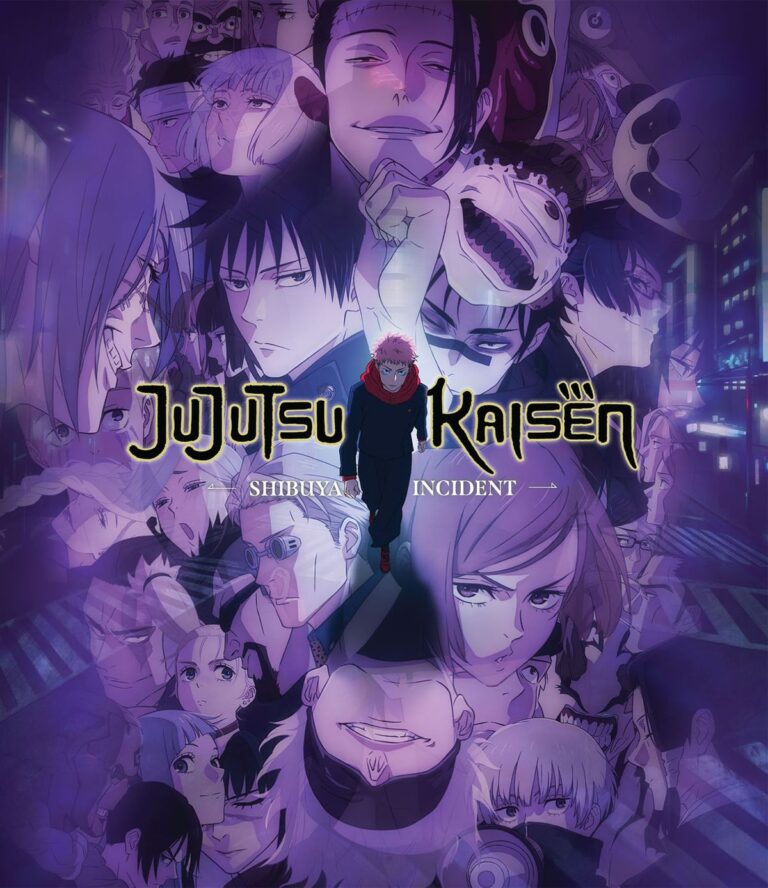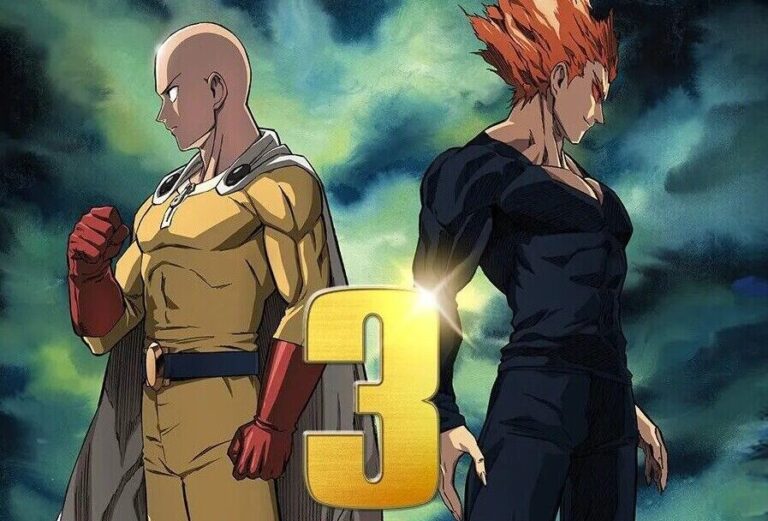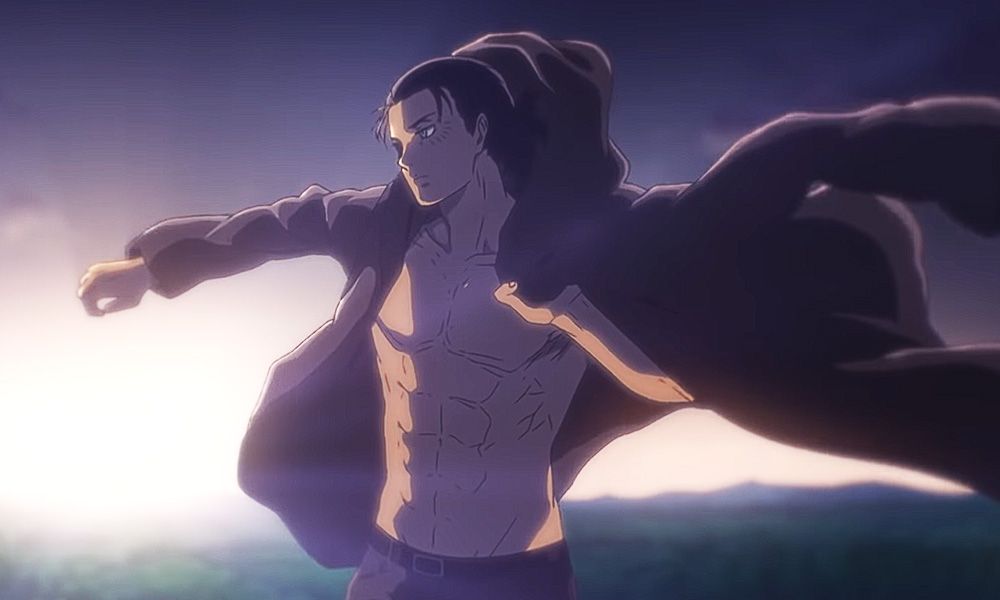
Attack on Titan: Humanity’s Fight Against the Shadows of Truth
Attack on Titan is one of those rare anime that completely changes the way people look at the medium. When it first aired, it took the anime world by storm with its breathtaking visuals, intense action, and shocking storytelling. At its heart, the story begins inside massive walled cities, where humanity hides in fear of mysterious giant creatures known as Titans. These Titans devour humans without reason, and the walls are the last line of defense keeping people alive. For years, humanity lived in fragile peace—until one day, a Colossal Titan appeared and shattered the outer gate, throwing the world into chaos.
The series follows Eren Yeager, a hot-headed boy who witnesses the destruction of his home and vows to wipe out every Titan in existence. Alongside his childhood friends Mikasa and Armin, he joins the military to fight back against the terrifying threat. But as the story unfolds, Attack on Titan proves it’s not just about giant monsters. It’s about secrets hidden within the walls, political conspiracies, betrayal, and the dark truths about humanity itself.
From a production standpoint, Attack on Titan stands out for its stunning animation and breathtaking fight sequences. The way the Omni-Directional Mobility Gear is animated makes every battle against the Titans feel like a gravity-defying dance in the sky. The first season, animated by Wit Studio, immediately set a new benchmark for action in anime, with fluid movements, emotional character expressions, and unforgettable music by Hiroyuki Sawano. Later seasons, produced by MAPPA, leaned into a darker tone with even more complex storytelling and heavy themes, pushing the narrative into political drama, human conflict, and moral gray areas.
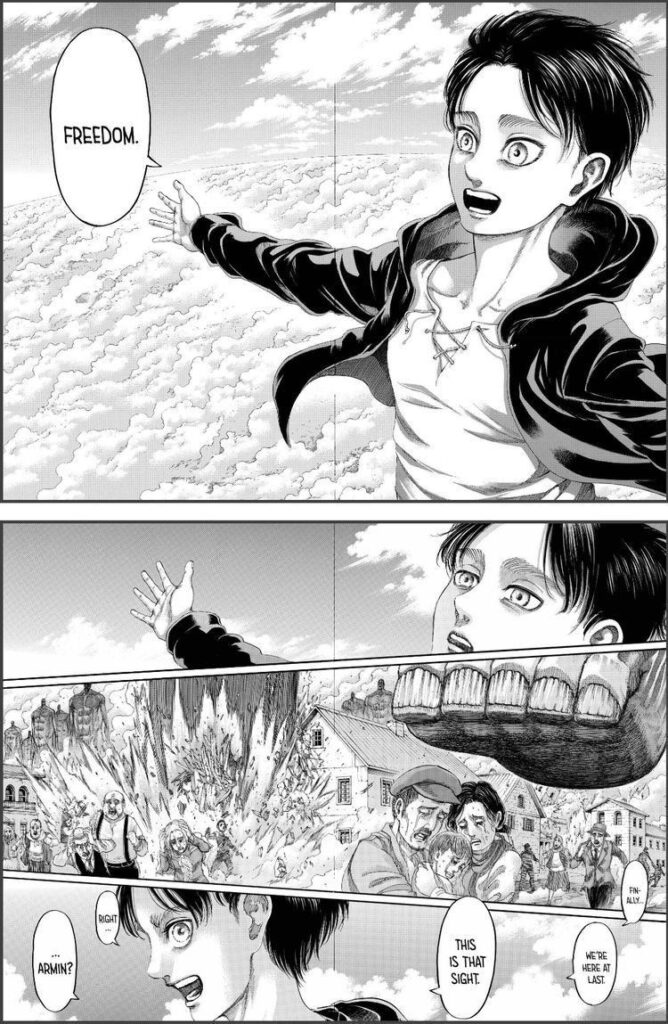
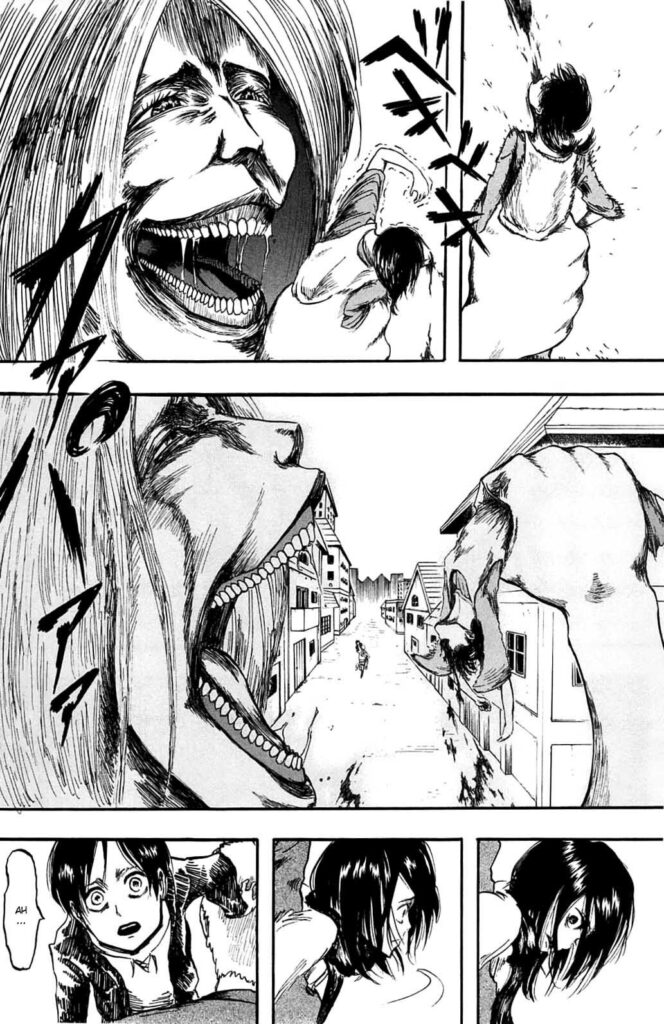
What really makes Attack on Titan shine is its unpredictable nature. Just when you think you know where the story is going, it twists into something bigger, bolder, and more shocking. Characters you thought were safe might not survive, and enemies you hated may suddenly reveal a side that makes you question everything. It’s this constant shift between action, mystery, and deep emotional storytelling that has kept fans hooked for years.
Visually, the anime blends haunting backgrounds with crisp, detailed designs that bring both the Titans and the human characters to life. The music amplifies every moment, from heart-pounding battle scenes to the quiet tragedies of loss and sacrifice. Every episode feels like a cinematic experience, leaving you with goosebumps, whether it’s from a jaw-dropping action sequence or a shocking reveal.
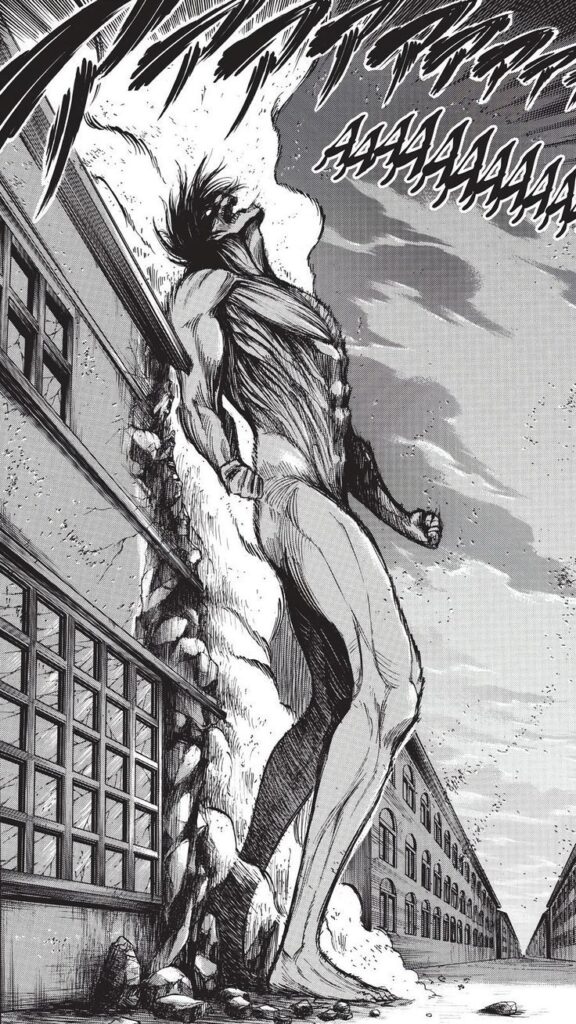
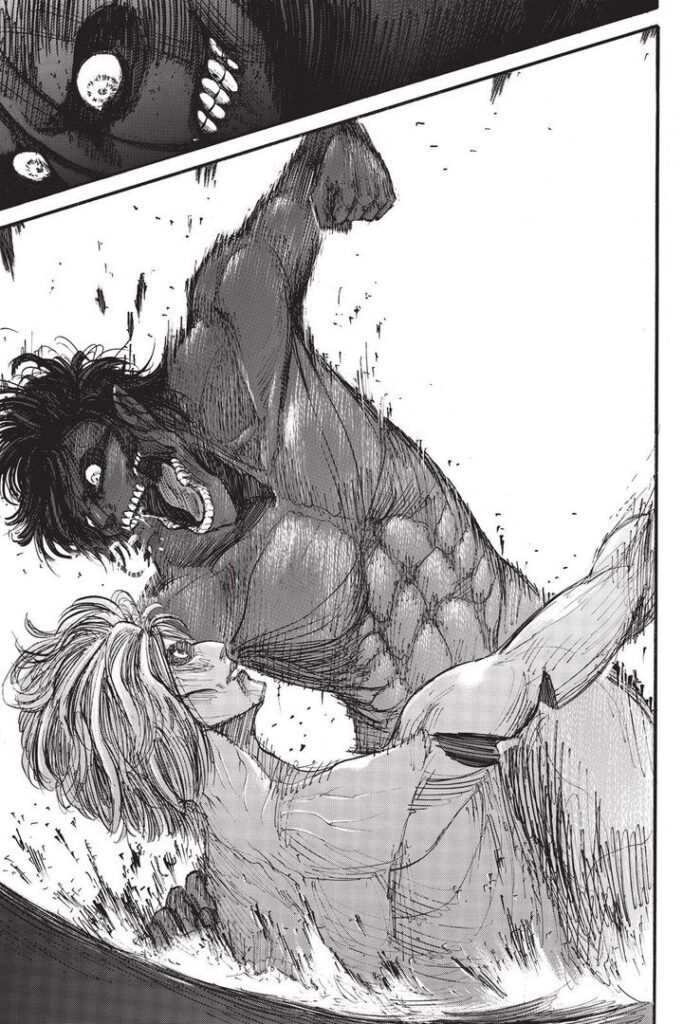
At its core, Attack on Titan is more than a survival story — it’s a question about freedom, the cost of revenge, and what it means to fight for a future. The themes of war, morality, and human nature run through every episode, making it one of the most powerful and thought-provoking anime of our time.
If you’re new to anime, Attack on Titan is the perfect place to start because it showcases just how far the medium can go — from heart-stopping action to deep storytelling that rivals the best live-action dramas. And if you’re a long-time fan, it’s an unforgettable ride that will stay with you long after the final credits roll.
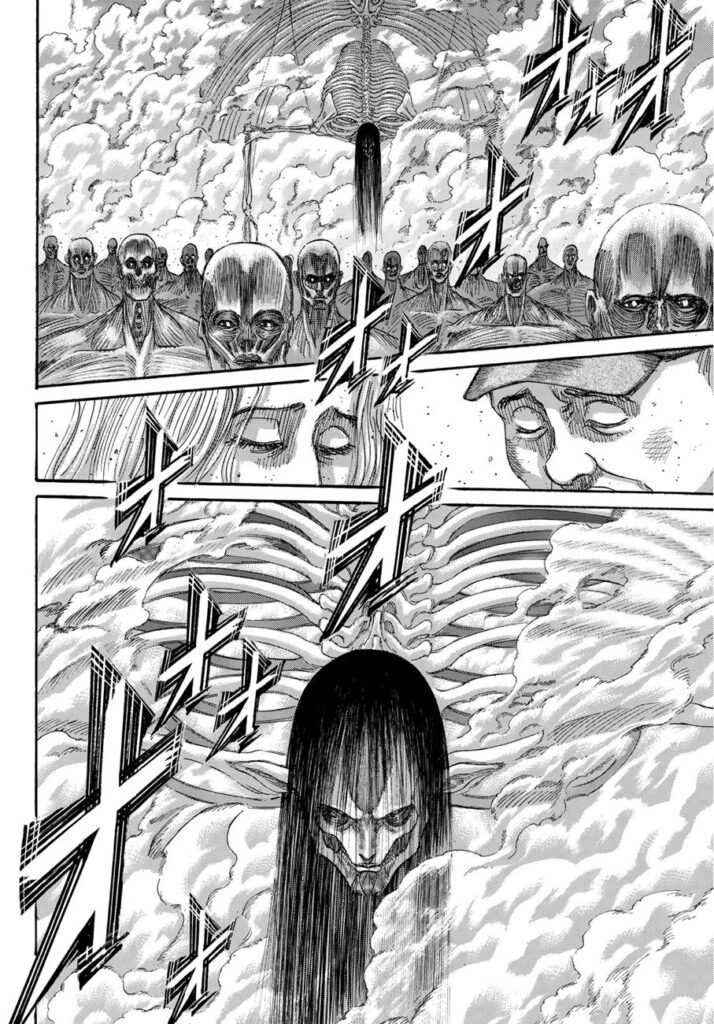
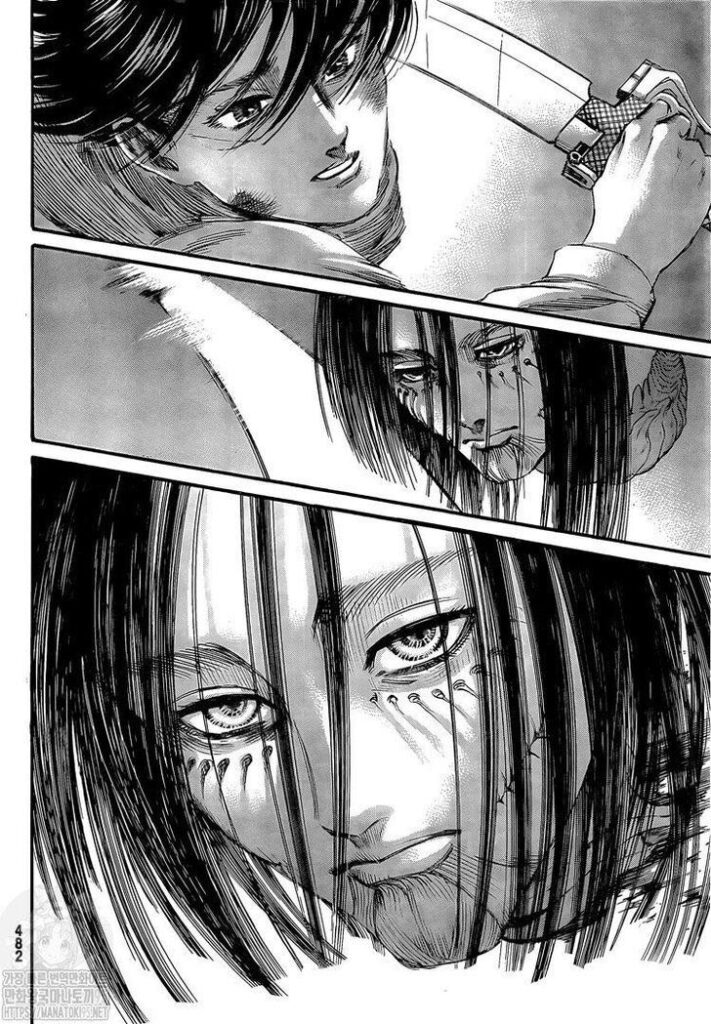
Attack on Titan’s debut episode remains one of the strongest anime pilots ever made. In less than 25 minutes, it introduces us to a rich world, relatable characters, and a terrifying enemy — then tears it all apart in front of our eyes.
It’s emotional, shocking, and unforgettable. More importantly, it sets the stage for a sprawling adventure filled with mysteries, battles, and moral questions that only get deeper as the series goes on.
Read more anime:Black Clover

